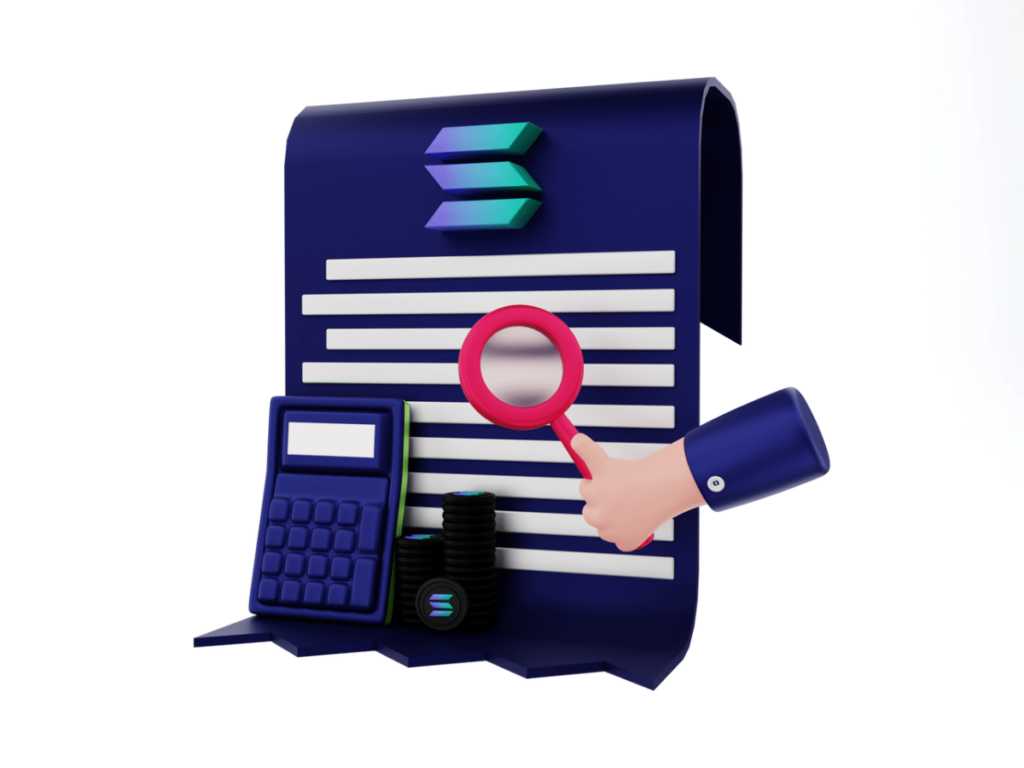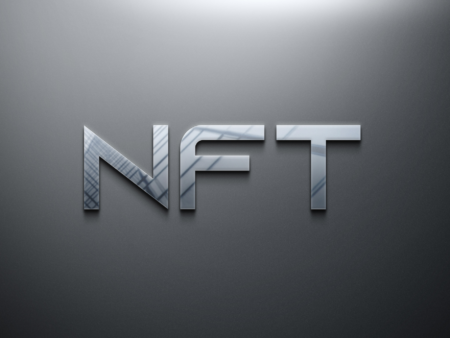Solana, the “Ethereum-killer,” struggles as NFT projects and whales leave the ecosystem owing to network outages and technological issues.
Solana’s year hasn’t gotten off to a great start. The “Ethereum-killer” struggles to retain rapport as NFT projects and whales withdraw from the ecosystem as network disruptions and technical difficulties become increasingly frequent.
With its game-changing discovery that drastically reduces the cost of minting NFTs, Solana may be able to save face.
Less for More
State compression, a novel and economical technique that leverages Merkel trees to store data on-chain, was unveiled by Solana on Thursday, April 6. Jon Wong, the Solana Foundation’s tech head, claims that the innovative method significantly lowers the cost of minting NFTs. This technology would result in costs that ranged from 2,400 to 24,000 times lower because to its innovative methodology.
Wong asserts that it could cost more than $250,000 or 12,000 SOL to mint 1,000,000 uncompressed NFTs. State compression is anticipated to reduce this amount by 2,400 times, to $110 or 5 SOL.
Many enterprises and projects on Solana are testing state compression in their products. Crossmint and Dialect use it.
Wordcel, Drip, and Helium are also integrating technology to improve their offerings.
How is this even imaginable?
Merkle trees, which are specific data structures used just by State compression and used by Bitcoin to store and verify transactions, are also used by State compression.
Because they condense enormous data sets into hashes, or random characters that represent an entire dataset, Merkle trees are special. While preserving security and decentralization, these hashes can be used to verify the complete set without the need to decompress or store it all.
Solana saves only these hashes on-chain as a result of state compression rather than the entire dataset. These hashes allow anyone on the network to off-chain verifiably and precisely rebuild the whole data set. As a result, data storage costs are drastically reduced while yet retaining speed.
On the other hand:
- Solana has experienced several disruptions that have had an impact on market sentiment and trust in the dependability of the network.
- Based on the volume of NFT transactions, Solana is the second-largest NFT ecosystem behind Ethereum.
- Merkle Trees were also used by Gate.io for its Proof of Reserves solution.
Following Ethereum’s 81% market dominance, Solana accounts for 14% of all NFT revenues. As NFT use increases, network costs have recently grown to be a serious problem. State compression in Solana offers a scalable solution without compromising decentralization, speed, or security. By encouraging Web3 projects to grow on the network, this technique may significantly lower running expenses.












